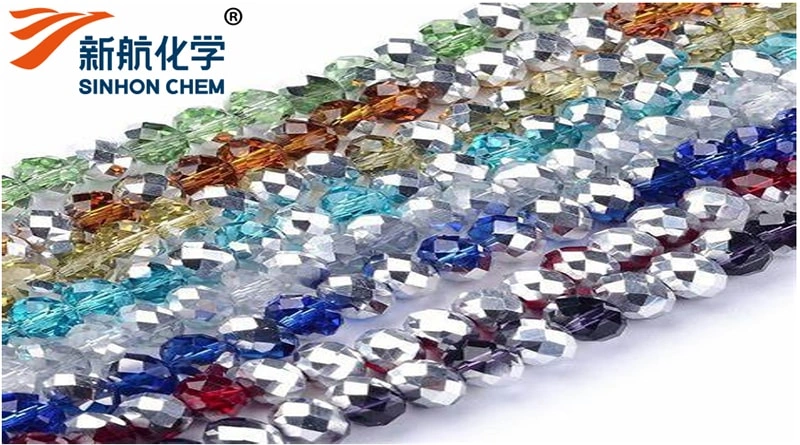12-Mar-2025

Thiourea (CS(NH₂)₂) is widely used as an additive in the electroplating process, especially in the electroplating process of metals such as gold, silver, copper, etc. The application of thiourea can significantly improve the quality and performance of electroplating layers. Here are the main differences between thiourea used and not thiourea used in the electroplating process:
1.Surface quality
• Brightness: Thiourea can improve the brightness and flatness of the plating layer, making the surface of the plating more smooth and delicate.
• Detail: Thiourea helps to reduce pinholes and bubbles on the surface of the coating, making the coating more dense.
2. Uniformity of coating thickness
• Good uniformity: thiourea can promote the current distribution in the electroplating process, make the thickness of the plating layer more uniform, and avoid the problem of local over-thickness or over-thin.
• Weakened edge effect: Thiourea helps to mitigate edge effect, which is the phenomenon of overly thick coating at the sharp corners of the part, ensuring uniformity across the entire coating
3. Deposition velocity
• Fast deposition: Thiourea can speed up the reduction of metal ions on the electrode, thereby increasing the deposition rate and shortening the plating time.
• High efficiency: Higher deposition rates mean higher production efficiency and lower manufacturing costs per unit of product.
4. Anti-corrosion performance
• Strong corrosion resistance: thiourea can improve the crystalline structure of the coating and form a denser coating, thereby enhancing the corrosion resistance of the coating.
• Good protection: A denser coating can better protect the substrate and extend the service life of the product
5. Process stability and control difficulty
• Process stability: The addition of thiourea can make the plating process more stable and reduce process fluctuations.
• Easy to control: Thiourea helps to adjust the pH and other parameters of the plating bath, making the process parameters easier to control.
6. Environmental and health impacts
• Less toxic: Compared to some traditional additives, thiourea is less toxic and less harmful to operators and the environment.
• Environmentally friendly: thiourea has relatively few decomposition products in the electroplating solution, which reduces the difficulty of wastewater treatment
In summary, the application of thiourea in the electroplating process can significantly improve the quality and performance of the coating, including increasing the brightness, refining the coating, enhancing the corrosion resistance, accelerating the deposition rate, and improving the process stability. In contrast, the absence of thiourea can lead to problems such as degraded coating quality and increased process control. Therefore, thiourea is an indispensable and important additive in the electroplating process in many cases. Whether to use thiourea or not needs to be comprehensively considered according to actual needs and technical conditions. However, we at Sinhon Thiourea uphold high quality and high standards, so that every customer can use thiourea produced by Sinhon
Excellent service, reliable quality, delivering more value.
Contact us to start our journey of cooperation.
Email: [email protected]